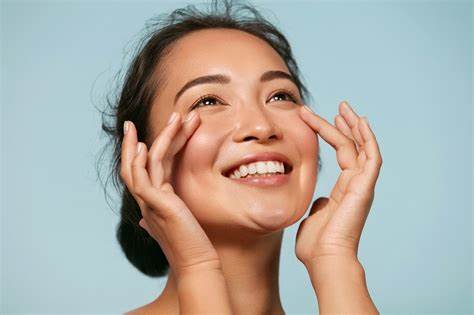
image credit- shutterstock
The WHO Foundation and the L’Oréal Groupe, spearheaded by its Dermatological Beauty Division, are set to launch a four-year partnership to expand access to the treatment of skin conditions worldwide.
With a focus on low- and middle-income settings, the partnership will accelerate the World Health Organization’s (WHO’s) efforts to support countries to address skin conditions such as those caused by neglected tropical diseases (NTDs), those exacerbated by climate change and other common conditions such as acne, atopic dermatitis, psoriasis and vitiligo.
“Many neglected tropical diseases first show symptoms on the skin, and early detection can be vital,” said Dr Ibrahima Socé Fall, Director of the Global Neglected Tropical Diseases Programme at WHO. “At this critical time, support and solidarity are needed to provide access to diagnosis and treatment so that people suffering from skin NTDs and other common skin diseases are not left behind.”
This partnership will help to widen surveillance of skin diseases and train health workers to identify early symptoms, particularly among vulnerable communities, where many people go undiagnosed and untreated leading to stigma and medical complications.
Over the course of the partnership, WHO will also develop training materials for health workers including the WHO Skin NTDs App, as well as provide training for health workers on common skin conditions.
L’Oréal’s contribution to the WHO Foundation forms part of its €20 million five-year ‘Act for Dermatology’ programme, aiming to expand access to skin health in support of the 2.1 billion people in the world living with skin disease.
The partnership is launching at a moment when skin health is on the global health agenda and the 78th World Health Assembly in May 2025 is expected to discuss a resolution on skin diseases as a global health priority.
The WHO Foundation will facilitate and coordinate the collaboration between WHO and L’Oréal, amplify the need for enhanced access to skin healthcare, share knowledge and best practices around skin health as well as call for additional partners to contribute to this critical work.




